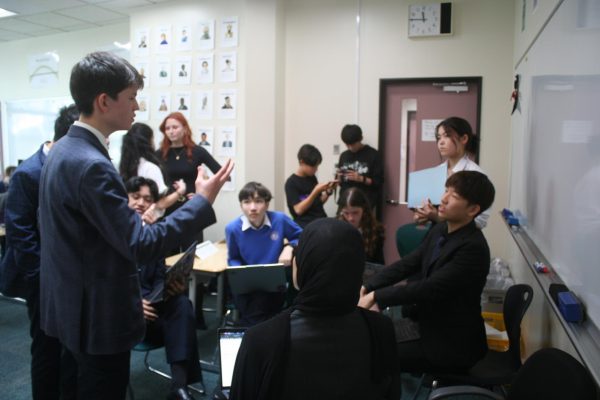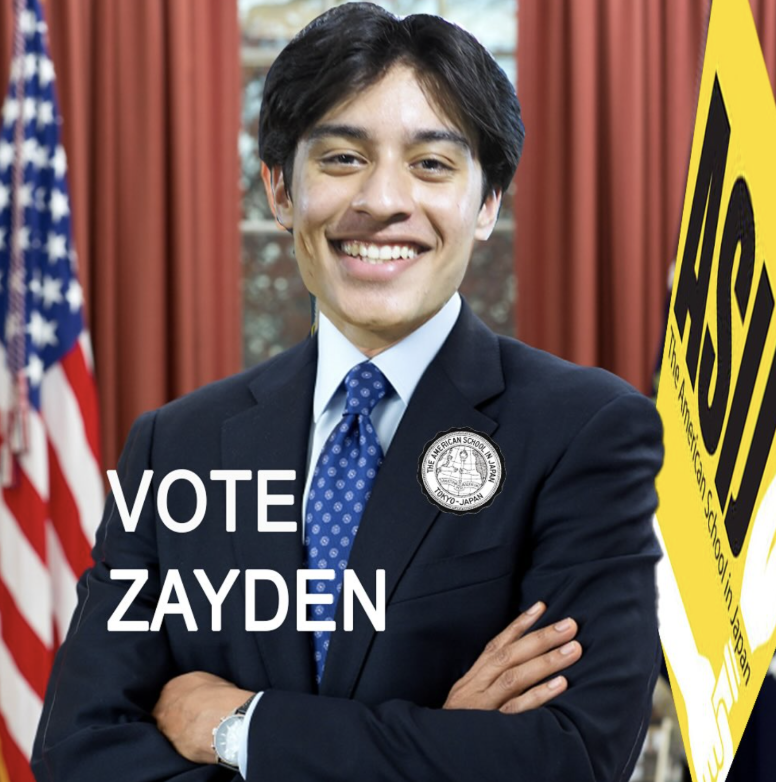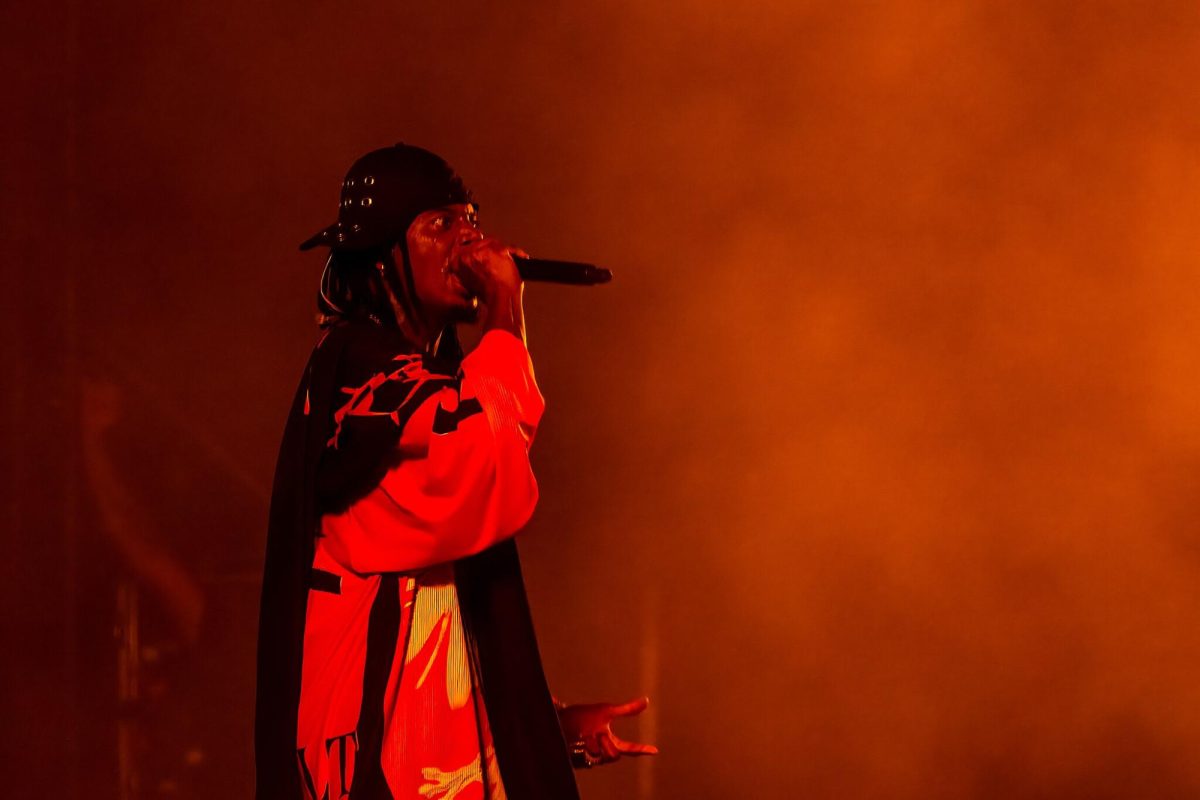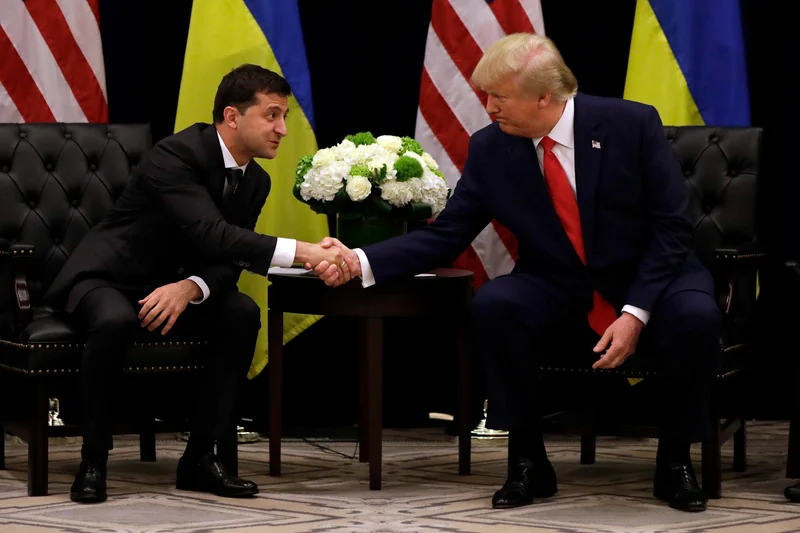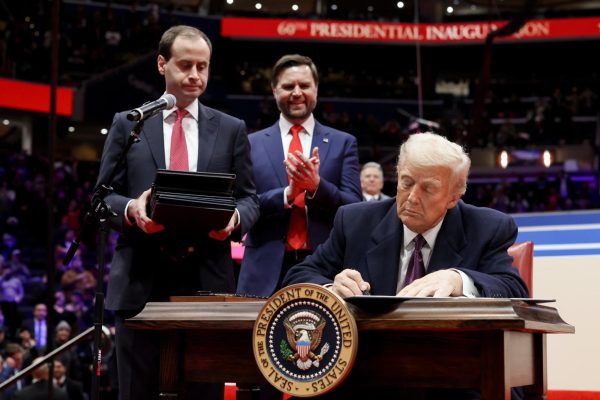What to Expect in 2021
January 18, 2021
With the dominance of COVID in the news, it seems we don’t hear as much about news not related to the pandemic. Here are a few issues that we might be talking about had the virus not spread so rampantly.
Many Latin American countries are attempting needed economic reforms. For some leaders, including conservative populist Brazilian President Jair Bolsonaro, rejuvenating the economy through an implementation of additional taxes would mean losing popularity, particularly with the poor. With likely changes in economic sanctions from the United States, courtesy of President Joe Biden, it is hard to determine exactly how Latin American countries will respond. Yet, the economy is not the only issue those countries have to worry about: This year there are presidential elections in Ecuador, Peru, and Chile. Seeing how potentially new leaders guide countries and work with oppositions is a page in the world-history book about to be written.
 The year 2020 gave many people more free time. The video game economy thrived last year, and it is expected to continue to grow in 2021. A notable attention-grabber is esports. Short for “electronic sports,” esports are competitive video games. If last year was a year for industries to adapt to the pandemic situation, this year will be one for video-game companies to develop their markets. Given the continuing pandemic, community-based esports events may gain more popularity because they are not restrained by holding events in one location.
The year 2020 gave many people more free time. The video game economy thrived last year, and it is expected to continue to grow in 2021. A notable attention-grabber is esports. Short for “electronic sports,” esports are competitive video games. If last year was a year for industries to adapt to the pandemic situation, this year will be one for video-game companies to develop their markets. Given the continuing pandemic, community-based esports events may gain more popularity because they are not restrained by holding events in one location.
Another leisure activity that resurged in 2020 is reading: Sales of print books rose by nearly 7%, compared to the previous year. While this may be surprising with stay-at-home orders in many cities, when we consider the popularity of e-books, this rise makes sense. It remains to be seen whether the e-book trend will have a lasting effect on paper-book sales and the role of libraries and bookstores as we know them.
Back to the political world, Joe Biden becoming US president inevitably means a shift in international relations. For example, US-China relations reached a low point during the Trump administration. How the Biden administration addresses its relations with China―and vice versa―has the potential to ease or exacerbate global tensions. This question of the Sino-US relationship is important to ASIJ, given that many in the community have ties to the US, Japan, and China.
Weeks into the new year, we can only speculate what will happen in the coming months, something evidenced by the recent shocking attack on the United States Capitol. Based on our experience last year, it’s best to expect the unexpected. Happy 2021!









